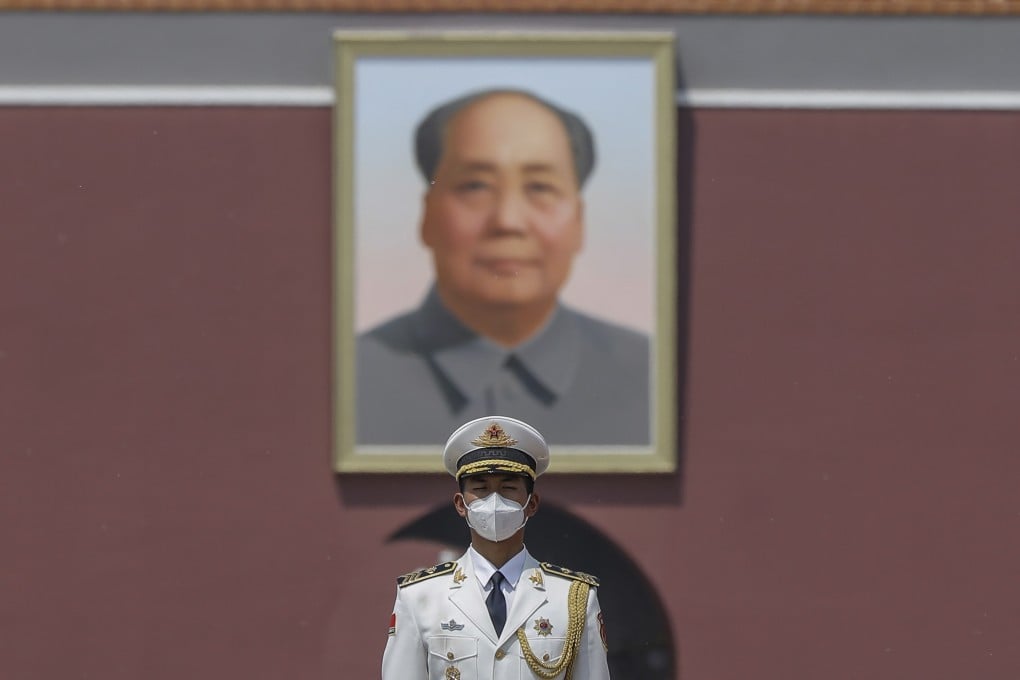US-China rivalry: Beijing should stop picking ideological battles with Washington, academic says
- Keeping ideology out of their disputes can ‘help avoid proxy wars’, Yan Xuetong, one of China’s leading international relations scholars, says
- Chinese diplomats and officials should ‘have the awareness to respect other people’s political systems and suppress their arrogance’, he says

“There are more than 200 political entities in the world and only an extremely small number have the same ideology and political system as China,” Yan Xuetong, dean of Tsinghua University’s Institute of Modern International Relations in Beijing, said in an article published in the latest issue of its Quarterly Journal of International Politics.
“Thus, avoiding ideological fights with any country will bring more benefits than costs.”
Yan, who is one of the country’s leading international relations scholars, said China could benefit from avoiding such confrontations because most countries had political systems similar to that of the US.

Also, if Beijing continued to pick ideological fights with the US, it might find itself locked in proxy wars with nations backed by Washington, Yan said.